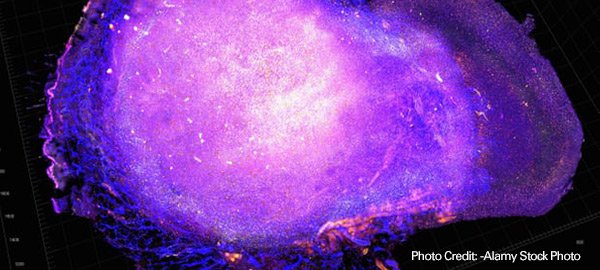The Nobel prize in medicine was awarded for two breakthrough scientific discoveries heralded as having “revolutionised cancer treatment”, and “fundamentally changed the way we view how cancer can be managed”. Scientific study suggests that as many as 40% of people will have some sort of cancer in their lifetime. The earliest and most ongoing treatment has been surgery, a useful but also limited option. There has also been chemotherapy and radiation, potent allies in the fight against cancer, but not without inherent risks. Most lately there has been a trend to use drugs that seek to ruin the cancer cells ability to gather crucial nourishment. Finally, there may be a new player in the game, one that even has oncologists testing out the word “cure:. Jim Allison, who works at an immunology lab at the University of Berkeley, found a T-cell protein that when effectively blocked with the right antibody allowed the T-cells to attack the cancer. The outlook is hopeful, although much more work and research needs to be done.
Key Takeaways:
- Scientific study suggests that 40% of people will have some sort of cancer in their lifetime.
- Immunotherapy is new frontier in treating a disease but has been limited to four basic treatment modalities so far.
- Traditionally, there’s been surgery, chemotherapy and radiation and drugs to starve off the nutrient supply of cancer cells.
“Revolutionary work on the body’s immune system and a host of new drug trials mean that beating cancer may be achievable”




